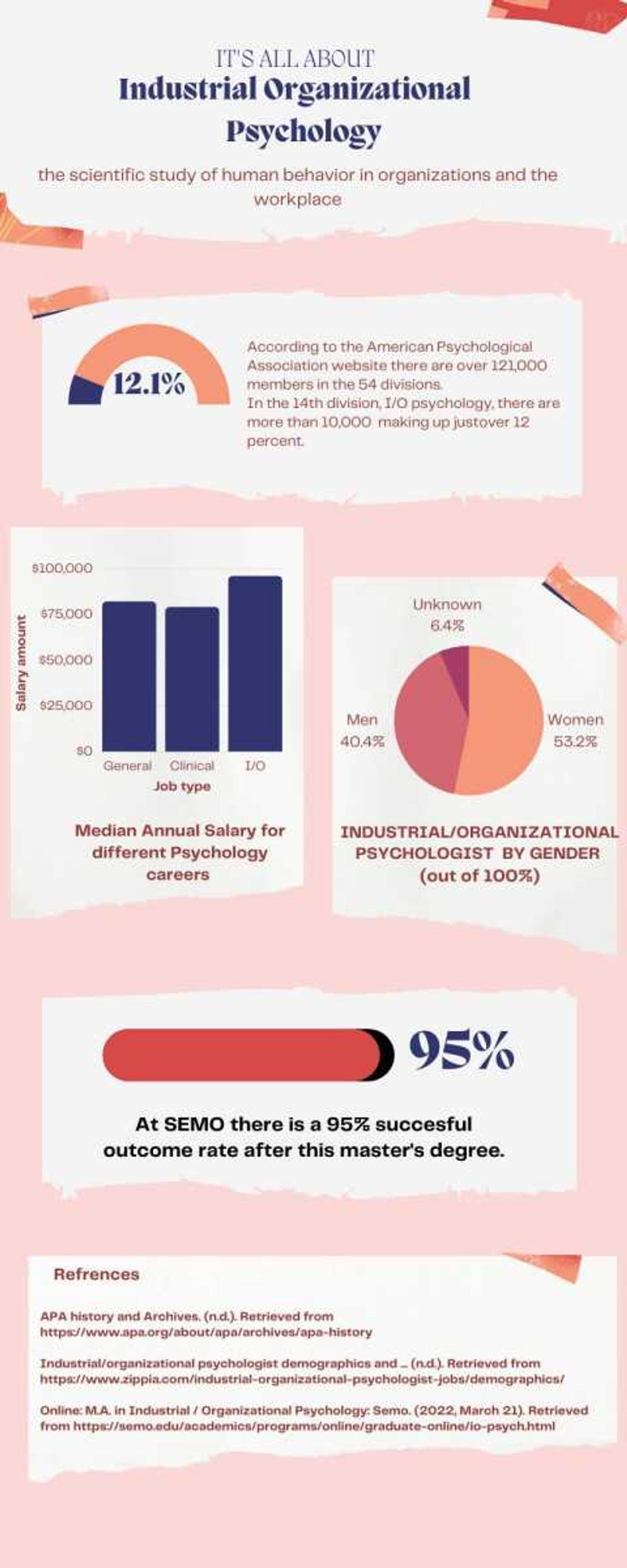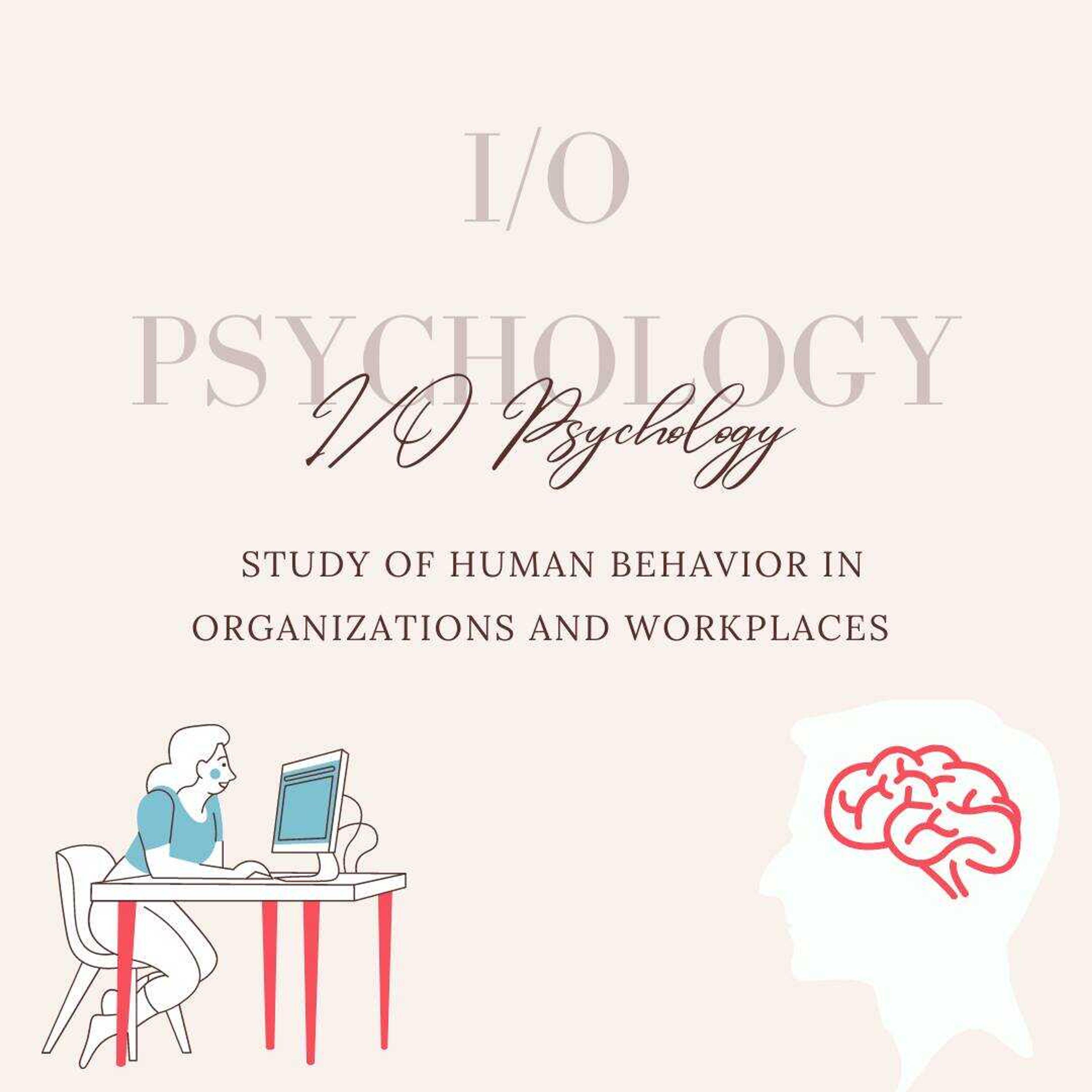Studying the workforce
Assistant professors of psychology and counseling George Yancey and Lesly Krome are industrial-organizational psychologists. Last year, they completed a study about the ways companies across America dealt with or are dealing with COVID-19 in terms of employees' health, their customers and the Black Lives Matter movement.
Assistant professors of psychology and counseling George Yancey and Lesly Krome are industrial-organizational psychologists. Last year, they completed a study about the ways companies across America dealt with or are dealing with COVID-19 in terms of employees' health, their customers and the Black Lives Matter movement.
They found companies that did ask for their employees' input were in the minority at 33%. Employers asked questions such as, “What would you want us to do as a company to make a stance on supporting Black Lives Matter?” Or, “What would you want us to do to protect you as a worker during the pandemic?”
This is just one example of the ways that industrial- organizational psychology can be applied to help people.
Industrial-organizational psychology, or I/O psychology is defined by the scientific study of human behavior in organizations and the workplace. It specializes in the focus of principles of individual, group and organizational behavior and applying this knowledge to the solution of problems at work, according to the American Psychological Association website.
Southeast has a graduate program in this field of psychology. Krome teaches a class in this field of study.
“Right now, we have a pretty large number — I have 12 to 15 students in my personal psychology class,” Krome said. “In previous years, we've seen smaller cohorts of eight and even smaller, so we do have a very good instructor-to-student ratio for our classes.”
In Krome’s class, she does community service projects that give students experience after graduation. This semester, her class teamed up with a Cape Girardeau community member to create a company named Jakapa, which is a soft skills assessment community. Together, they decided to produce a training video on how to use the software on the website.

Krome said for both parties, the project was beneficial: The owner of the business got a new training video to highlight on his website, and the students' hands-on experience benefits their future.
“My students benefit from the experience of putting together their own training, learning how to have a training system that is effective that translates online,” Krome said.
Another community service project Krome’s class participated in a few years ago was called the Watch on Wheels Initiative. They teamed up with the Cape Girardeau Police Department and the local public transportation system to train employees on how to help when they see suspicious activity. This program is still being used in the City of Cape Girardeau, Krome said.
“We try to get the students involved in projects where they’re working with organizations with organizational issues,” Krome said.
Yancey said I/O is a small group that not many people know much about. Most psychologists people hear about are clinical psychologists, he said.
“[With I/O psychology,] you’re making a positive contribution to society, getting well paid for it. But we are not well-known; we have a visibility problem,” Yancey said.
There are 54 divisions in the American Psychological Association. The divisions are interest groups organized by members, according to the APA website. There are some divisions that represent subdisciplines of psychology such as social or clinical, while others focus on topical areas such as aging or trauma.
“We're one of the oldest divisions of the American Psychological Association (APA), being division 14. So we are over 100 years old,” Yancey said.
Yancey said there are approximately 8,000 members in the Society for Industrial and Organizational Psychology (SIOP), while there are more than 40,000 jobs in the field of this profession.
“I/O psychology is a very productive field. It's got a really good job outlook. There’s a lot of jobs available for I/O psychologists and just a really valuable set of skills that you can acquire,” Krome said.
To learn more about the industrial-organizational psychology master’s program, visit their website.






